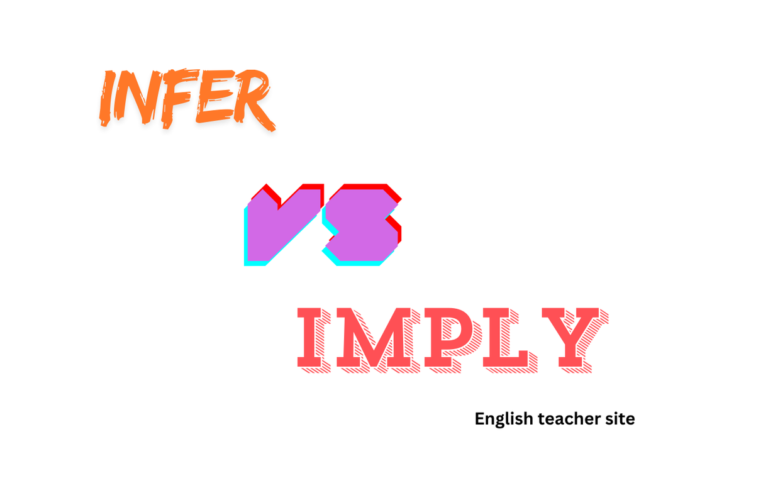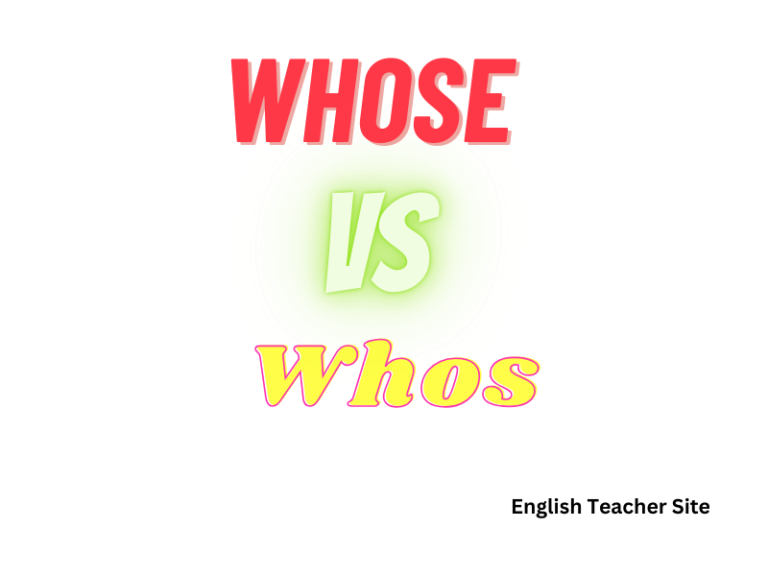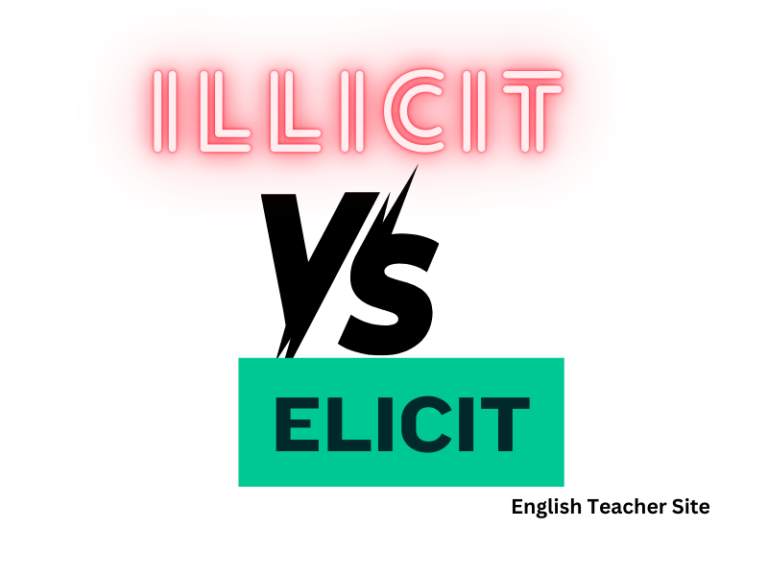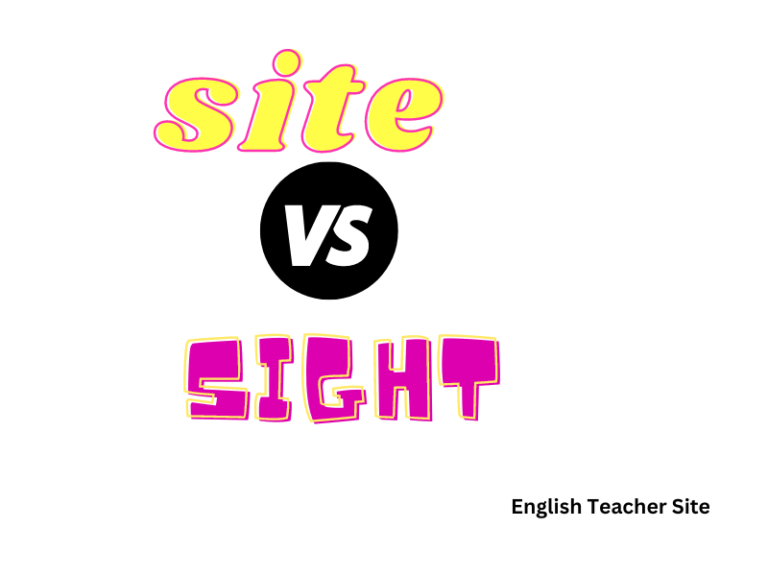Is It Capital or Capitol City: Understanding the Correct Term

- “Capital” refers to a city that functions as the governmental hub and has additional meanings including wealth and uppercase letters.
- “Capitol” is specific to the building where legislative sessions are held, with a unique spelling featuring an “o.”
- Mnemonics associating “capitol” with “building” and “capital” with “state” aid in distinguishing between the two terms.
Understanding the correct usage of “capital” and “capitol” is essential, particularly in formal writing and when discussing government or official matters. To prevent mistakes, one may associate the word “capitol” with a “building” since both words contain an “o.” When spelling “capital,” thinking of the “a” in “state,” as in a state’s capital city, can help differentiate the term from its architectural counterpart. This simple mnemonic can ensure proper usage in most contexts.
Is it capital or capitol city?
When discussing the difference between “capital” and “capitol,” it’s essential to distinguish the contexts in which each term is correctly used. Though they sound very similar, these words have distinct meanings.
Capital, with an “a,” is a term that can take on several meanings:
- It can refer to an uppercase letter.
- It denotes accumulated wealth.
- Most relevantly, it designates the preeminent city in a state or country, which is usually the seat of the government.
| Capital – Uses |
|---|
| Uppercase Letter |
| Accumulated Wealth |
| Seat of Government |
Capitol, with an “o,” refers to a physical building where a legislative body convenes. Each state in the United States has a capitol building, and the term also applies to the United States Capitol in Washington, D.C., where the U.S. Congress meets.
| Capitol – Specific Reference |
|---|
| Legislative Building |
Here are bullet points to further clarify the distinction:
- The word “capital” should be used when referring to a city, for instance, “Paris is the capital of France.”
- In contrast, “capitol” is appropriate when mentioning the actual edifice, such as, “The rally took place outside the state capitol.”
Bold emphasis can help remember which term to use:
- Capital with an ‘a’ is for cities and money.
- Capitol with an ‘o’ is the location where lawmakers gather.
Capital vs. Capitol: Definitions and Distinctions
One pertains to a city, while the other describes a building, and both have different contexts in the English language.
Meaning of Capital and Capitol
Capital:
- Definition (noun): Capital can refer to a city that serves as the seat of government for a country or state, wealth in the form of money or property, an uppercase letter, or something of major importance.
- Example (city): Paris is the capital of France.
- Example (money): The company is seeking additional capital to expand.
- Example (letter): In English, sentences start with a capital letter.
- Roles in a Sentence:
- As a proper noun, when referring to cities: The legislation will be passed in the state Capital.
- As a common noun, when referring to money: They invested their capital wisely.
- As an adjective, when used in contexts like ‘capital idea’: That’s a capital idea for our marketing strategy.
Capitol:
- Definition (noun): A capitol is a building where a legislative body of a country, state, or region convenes.
- Usage:
- In the U.S. context, it specifically refers to the U.S. Capitol, where Congress meets.
- Spelled with an “o”, differentiating it from any other uses of capital.
Usage in Grammar and Spelling
Understanding when to use capital vs. capitol includes recognizing their part of speech and their role in a sentence.
- Capital:
- Used as a noun and adjective.
- Always capitalized when it refers to a city or specific place.
- Capitol:
- Exclusively a noun.
- Also capitalized when referring to the signature building in Washington, D.C., the U.S. Capitol.
Why do Americans spell it capitol?
The spelling “capitol” has a Latin root, stemming from the word Capitōlium, the temple of Jupiter at Rome located on the Capitoline Hill. It’s one of the few instances in English where the word referring to a government building uses a letter “o” instead of “a”.
Synonyms of ‘capital’
| Synonyms of Capital | Context |
|---|---|
| Metropolis | When used as a city |
| Money | Referring to financial assets or investment |
| Principal | When it relates to finances or primary importance |
| Uppercase | Describing an uppercase letter |
Synonyms of ‘capitol’
The word “capitol” has fewer synonyms since it specifically refers to a building where a legislature meets. However, one may use terms such as:
- Legislature building
- Senate house
- Statehouse
One signifies a city or important concept, marked often by a capital letter, while the other denotes a particular government building, identified with the unique spelling that includes the letter “o”.
Origin of Capital & Capitol
Each word conveys a distinct meaning, with “capital” bearing broader connotations than “capitol,” which has a more specialized usage.
Capital primarily denotes the city that serves as the seat of government for a country or region. Indirectly, it also refers to resources or assets, especially economic or financial ones—these uses share a common linguistic heritage.
Capitol, on the other hand, always pertains to a physical building where legislators gather. The word’s origin points to a singular locus of ancient Roman governance:
| Term | Origin | Meaning |
|---|---|---|
| Capital | From the Latin caput (head) & capitālis (of the head) | — City as the metaphorical “head” of a region — Financial assets or resources |
| Capitol | From the Latin Capitolium, the temple of Jupiter on Rome’s Capitoline Hill | A building housing a legislative assembly |
The morphological journey of these terms reveals their nuanced differences. “Capital” precisely evolved from Latin terms capitālis, related to the head, and capitāle, related to wealth. Here, “head” symbolizes prominence or preeminence in a geographical or economic sense.
In contrast, “capitol” originated from Capitolium, the name of an ancient temple honoring Jupiter — a locus of Roman authority. The specificity of “capitol” is its link to this unique place, which thus by analogy, denotes any legislative building.
Table of Distinction
| Aspect | Capital | Capitol |
|---|---|---|
| Usage | Broadly used to denote a seat of government or wealth | Strictly architectural, referring to a legislative edifice |
| Etymology | Latin: caput and capitālis | Latin: Capitolium |
| Modern Context | — Seat of Government: “Paris is the capital of France.” — Financial Assets: “The company increased its capital.” | “The legislature met in the capitol to draft new laws.” |
Source
Harper, Douglas. “Etymology of capital.” Online Etymology Dictionary
My name is Khamis Maiouf. I am the creator of the English Teacher Site, dedicated to providing valuable resources and insights for students around the world. With a passion for education and a commitment to helping students enhance their skills, I aim to make English teaching more effective and enjoyable for both educators and students.






